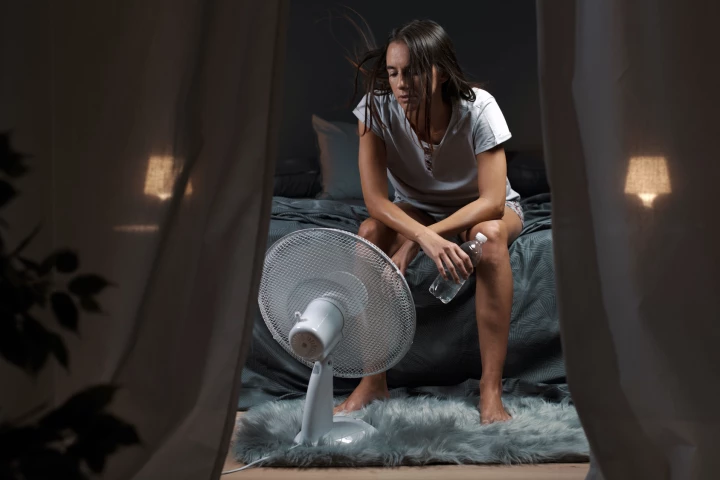Heat island effect
-
Extreme night-time temperatures significantly increase the risk of stroke, according to a new study. The researchers behind the study say that armed with these findings, people can better safeguard themselves against increasingly hot nights.
-
As global temperatures soar, the ability to adapt is vital for every species, including our own. Scientists are hoping that by putting one more sweaty body out on the street, we'll find new ways to combat potentially deadly heat-related health risks.
-
If you thought last year’s heat waves were bad, brace yourself because there’s a good chance things are going to become even more intense. According to a new study, cities could become warmer by as much as 8°C (14.4°F) by 2100. But there's a solution to this and it begins in your neighborhood.
-
Of all the scenarios you'd want to find yourself in during a heatwave, being barefoot on a hot tin roof would be toward the bottom of the list. But scientists have developed a material said to keep a rooftop cooler than the air that surrounds it, saving energy and sweating residents in the process.



